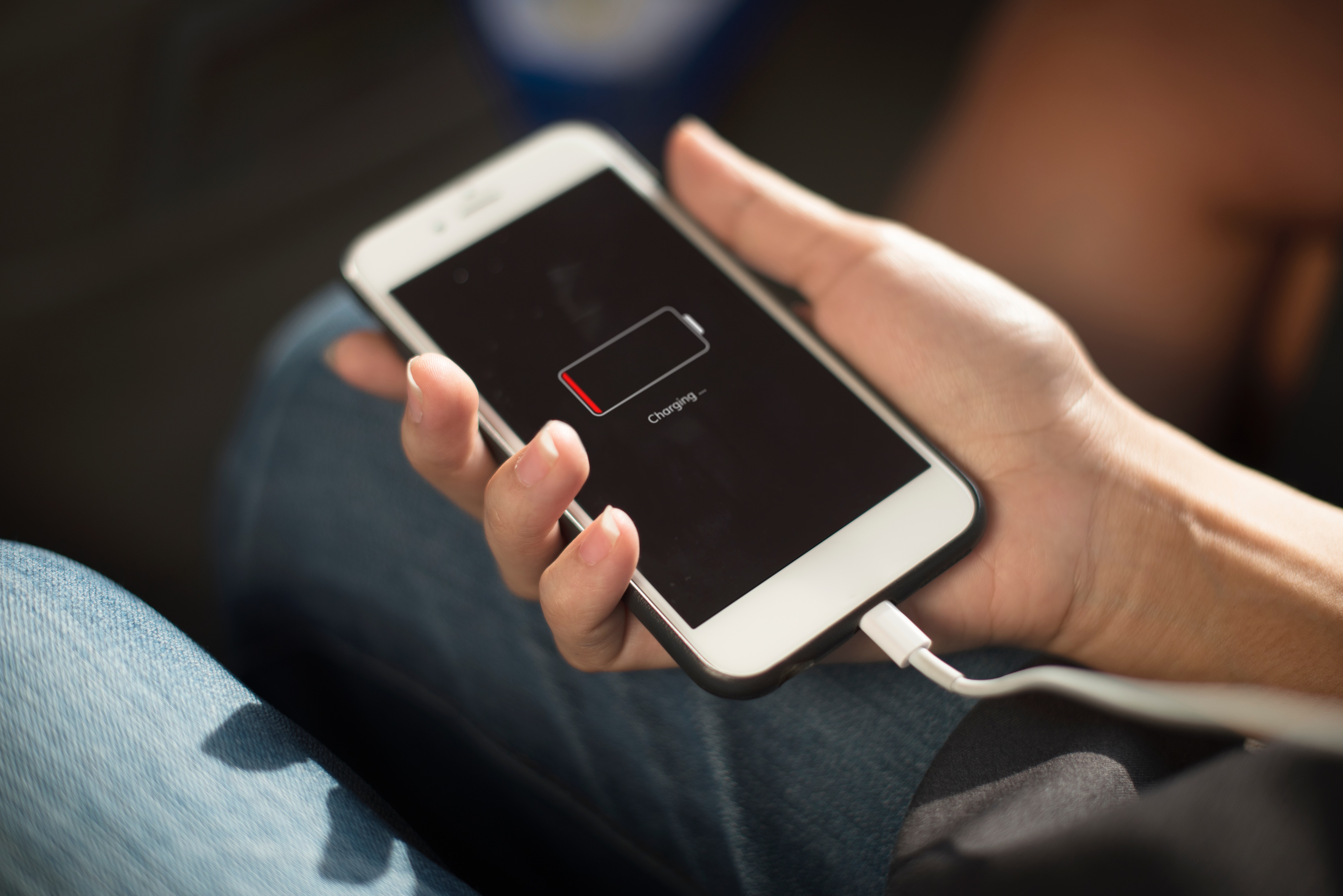Once upon a time, socializing with others meant physical contact and actual verbal conversation. Were those the good old days? Maybe. Generation Xers like myself, still remember rotary phones (if you don’t know what that is, I am really showing my age here). Technological advancements are occurring at warp speed. I finally get used to my IPhone and another version replaces it. I love advancements in technology. They make life easier, more exciting and connect people in a way that was unheard of even in the 1990′s. Do you know, Apple users, on an average, spend $40 per year on apps and in-app purchases? Read more of interesting Apple users facts on MacFly Pro.
So, what’s the issue here? The world is smaller than ever, yet individuals are more isolated than ever. Etiquette is different when you don’t need to physically speak to anyone. For example, I used to work in the food service business, and I cannot tell you how many times a kid came to my restaurant to order food, but couldn’t be bothered to put the cell phone down and speak to me. I was working at a restaurant similar to Chipotle, where the customer tells you exactly what they want on their burrito or whatever they are ordering. The way this guy chose to communicate with me was to just point at what he wanted, never looking up from his conversation. It was annoying, it was rude, and it is more commonplace than people would like to admit. When the kid pointed at something, and I almost picked the wrong thing, he banged on the counter and shook his finger at me, as if to tell me I was adding the wrong ingredient. This was my breaking point. I dropped his tray on the counter and asked, “seriously?” I guess this jolted him to the reality that he was in a public place where communication is the key to getting his food order correct, and he finally put the phone down.
Why does it have to go that far? Is it too late to save social etiquette? Or, do we have an Orwellian future ahead? That may sound overly dramatic, but advancement is changing our language, our individuality, and the way we live our lives. It is not all gloom and doom. I admit, I do not know what I did before my smartphone or my laptop, but I remember the days of ms-dos and dot matrix printers and what we have today is definitely a huge step up. However, these advancements can connect and isolate, and can be very dangerous.
Words can hurt, but the written word can be devastating. The world of social media allows us to express ourselves and our opinions. It allows us to be someone we might not otherwise be. It even allows us to make extra money online. The danger is that when you leave the human interaction out of the equation, you feel brave enough to say and become whatever you want. It eliminates physical confrontation and gives the writer the power to confront with no physical fear. Cyber-bullying is a huge problem these days because written words are permanent. You can forget what someone says to you, but when you can read it over and over you begin to believe what is written.
Kids can be incredibly mean from Elementary School to High School, and when everyone can read what’s written about you, true or false, we have a huge problem. These are some cyber-bullying statistics from the i-SAFE Foundation: over half of adolescents and teens have been bullied online, over 25% of adolescents and teens have been bullied over their phone or the internet, and very few ever report this to a parent or law enforcement. Teen suicide rates are on the rise because many of these bullied kids feel they have no recourse. School was hard enough before social media and cyber-bullying, and we need a solution desperately before these kids feel so isolated, they see no way out.
So, while technological advancements make our lives easier, I believe it also places our humanity and compassion on the back burner. It is far easier to lie to someone via text or email because we do not have to verbally connect. When you don’t have to actually speak to another person, you isolate yourself behind a persona you created. Social media and the internet become a made up world where reality is not necessary, and opinion becomes truth.
Perhaps this is still too new, and society will come up with answers, a new social contract. Until that day, we must realize technology is a great thing and will lead to great things. Until then, the responsibility falls upon us to use it to help society move forward, not eliminate social decorum, humanity, and manners.


